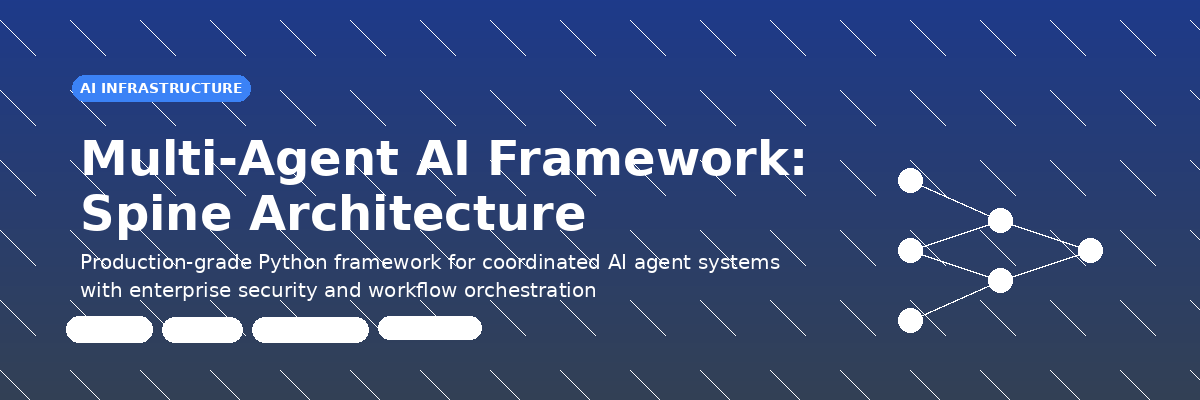Running a successful business isn't about creating the perfect product—it's about building a sustainable operation that generates consistent cash flow. Many business owners fall into what I call the "Craftsman's Trap," where their pursuit of perfection actually undermines their business's financial health.
The Reality of Business Success
Let's be honest about something: businesses exist to make money. While you might have grand visions of changing the world or revolutionizing your industry, without proper cash flow, those dreams will remain just that—dreams. Cash flow isn't just important; it's oxygen for your business.
Think about your own goals. Maybe you want to:
- Build a better life for your family, complete with the flexibility to attend your kids' soccer games
- Finally take that dream vacation you've been postponing for years
- Make a meaningful impact in your community by funding local initiatives
- Scale your operation to serve more customers and create more jobs

The Cash Flow Bottleneck
Cash flow sits squarely between your current operation and your aspirations. It's the bridge that turns your business dreams into reality. Yet many business owners miss this crucial point—they optimize for perfection instead of profitability.
I've seen this countless times across industries. Take a manufacturer I worked with last year. They spent countless hours perfecting their stainless steel parts, achieving mirror finishes that would make an artist proud. The problem? Their customers only needed basic functionality and were unwilling to pay premium prices for that level of craftsmanship.
Customers pay for
- a core product or service
- your reputation
- a specific level of quality
- associated brand promises
Delivering beyond this can be expensive and cash draining.
👉 Tip: Review your current processes and identify areas where you're over-delivering without corresponding customer compensation. Document these instances and calculate their cost to your business.
The Over-Engineering Trap
Over-engineering isn't limited to physical products. A distribution company I recently consulted had invested $200,000 in an enterprise-level ERP system complete with automated warehouse management. Impressive? Absolutely. Necessary for their operation that shipped just a few SKUs daily? Absolutely not.
Here are common areas where businesses over-engineer:
- Implementing enterprise-level software for small-scale operations
- Creating unnecessarily complex quality control processes
- Developing features customers haven't asked for and won't pay extra to receive
- Maintaining expensive equipment that exceeds actual business needs
👉 Tip: Audit your technology stack and operational processes. For each system or process, ask: "Does this directly contribute to what customers are willing to pay for?"
Finding the Sweet Spot
Consider these real-world examples of successful businesses that understand their boundaries:
- Airbnb doesn't provide daily cleaning services during stays
- Delta Airlines limits their service to transportation, not door-to-door luggage delivery
- Local machine shops don't hold 0.001 tolerances when not required
- Plumbers fix specific issues rather than rebuilding entire kitchen system
These <span id="yellow-highlight" class="rte-highlight" style="background-color: yellow;" fs-test-element="highlight">companies succeed because they align their operations with customer expectations and willingness to pay.</span> They avoid the temptation to over-deliver in ways that erode profitability.
Your 30-Day Challenge
Over the next month, examine every aspect of your business through this lens. Look for instances where you're exceeding customer expectations without corresponding compensation. This might include:
- Unnecessary product features
- Excessive quality control steps
- Over-complicated processes
- Services that customers haven't requested
👉 Tip: Create a spreadsheet tracking every instance of over-delivery you find. Calculate the time and money spent on each, then multiply by your annual volume to see the true impact on your bottom line.
Remember, building a successful business isn't about creating the perfect product—it's about creating a profitable operation that sustainably delivers value to customers while generating healthy cash flow. Every dollar saved by eliminating unnecessary perfectionism is a dollar that can fund your bigger aspirations.
Get started today. Your future self will thank you.




